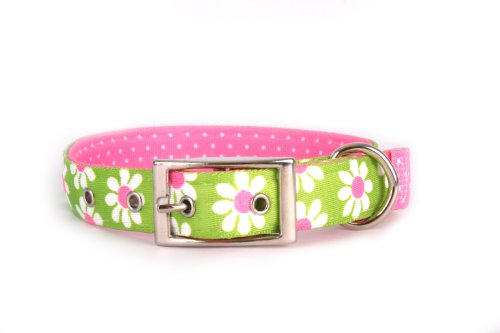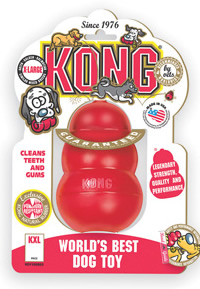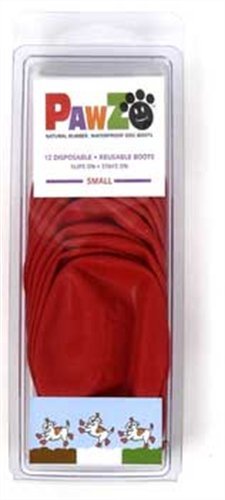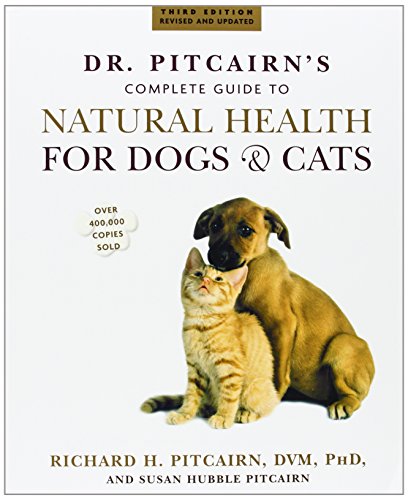What To Do About Dog Skin Allergies
Many dogs suffer from dog skin allergies. The symptoms can be mild, an extra sensitivity that causes the dog to rub his face or body against a rough surface. Severe cases may lead to skin biting, infections and can be a real source of misery for the afflicted dog.
Allergies afflict humans and dogs alike. When the body is exposed to an irritant, it produces histamines in response. The itchiness and irritation are not caused by the allergens but by the histamines.
Fleas are a major source of skin allergic responses. Their saliva carries an anti-coagulant which mixes with the dog's blood when he is bitten. This anti-coagulant causes the allergic response in many dogs. One bite is enough to cause minor to intense suffering depending on the individual dog's response.
The second major culprit is the dog's food. Many dogs have food allergies. The task now is to find out which of the ingredients in dog food are the culprits. The first ingredients to weed out are corn, wheat and grain products. There are many dog foods for sensitive dogs on the market. They usually substitute sweet potato, rice or barley for the suspect grains and will have a limited variety of protein sources. Beef is usually eliminated but even lamb or chicken can result in an allergic response. The most extreme and sometimes most effective foods for a sensitive dog have a single source protein, such as fish, bison, turkey or rabbit.
Veterinarians can recommend steroidal medications, lotions and baths to calm the irritation. If you are lucky enough to live near an ocean or other body of salt water and have a dog who swims, then a weekly trip to the beach is a fun and effective solution. If there are fleas, they'll not survive the water and salt. The salt helps heal the skin and the exercise will allay some of the dog's anxiety. Oatmeal baths are another aid. Aromatherapy with sweet orange oil and massages with an almond oil and sweet orange oil combination are calming and the orange oil is a natural pesticide.
Once you find the food your dog can eat without suffering an adverse reaction, keep him on it. Never finish one bag and start a new one. There may be slight changes in the proportions of ingredient between one batch and the next. A new bag may provoke a response unless you gradually mix and replace the old food with the new.
If fleas are the culprit, they must be eliminated from the house, yard and, of course, your dog. Orange oil products are remarkably effective and totally safe, plus the smell is cheery and quite wonderful. Dogs do not shy away from a massage with orange and almond oils. Take the essential orange oil and drip it onto the dog's collar for protection against any fleas outdoors. Buy borax and sprinkle it around your house. Fleas love carpets. Push the borax into your carpets with a stiff broom, wait a few minutes and then vacuum it up. Then sprinkle lavender and peppermint leaves around. They also repel fleas and make your house smell wonderful.
When your dog has an allergic skin response, you have two tasks. First you want to alleviate his suffering and stop the itching as quickly as possible. Then the source of the irritation must be located and dealt with.

 Worlds Smallest Dog Breeds
Maybe it’s due to Holl
Worlds Smallest Dog Breeds
Maybe it’s due to Holl
 Choosing the best dog toys for your dog or puppy
Choosing the Best Dog Toys - Plus Our Favorites!
Choosing t
Choosing the best dog toys for your dog or puppy
Choosing the Best Dog Toys - Plus Our Favorites!
Choosing t
 How to Winter Proof Your Dogs Paws
Two Products That Will Do Wonders For Mans Bes
How to Winter Proof Your Dogs Paws
Two Products That Will Do Wonders For Mans Bes
 How to potty train your puppy
Dont break the house rulesPotty train your dog
How to potty train your puppy
Dont break the house rulesPotty train your dog
 Sarcoptic Mange and Mange in Dogs and other Canine Diseases Humans Can Get
Dog with Mange
Sarcoptic Mange and Mange in Dogs and other Canine Diseases Humans Can Get
Dog with Mange